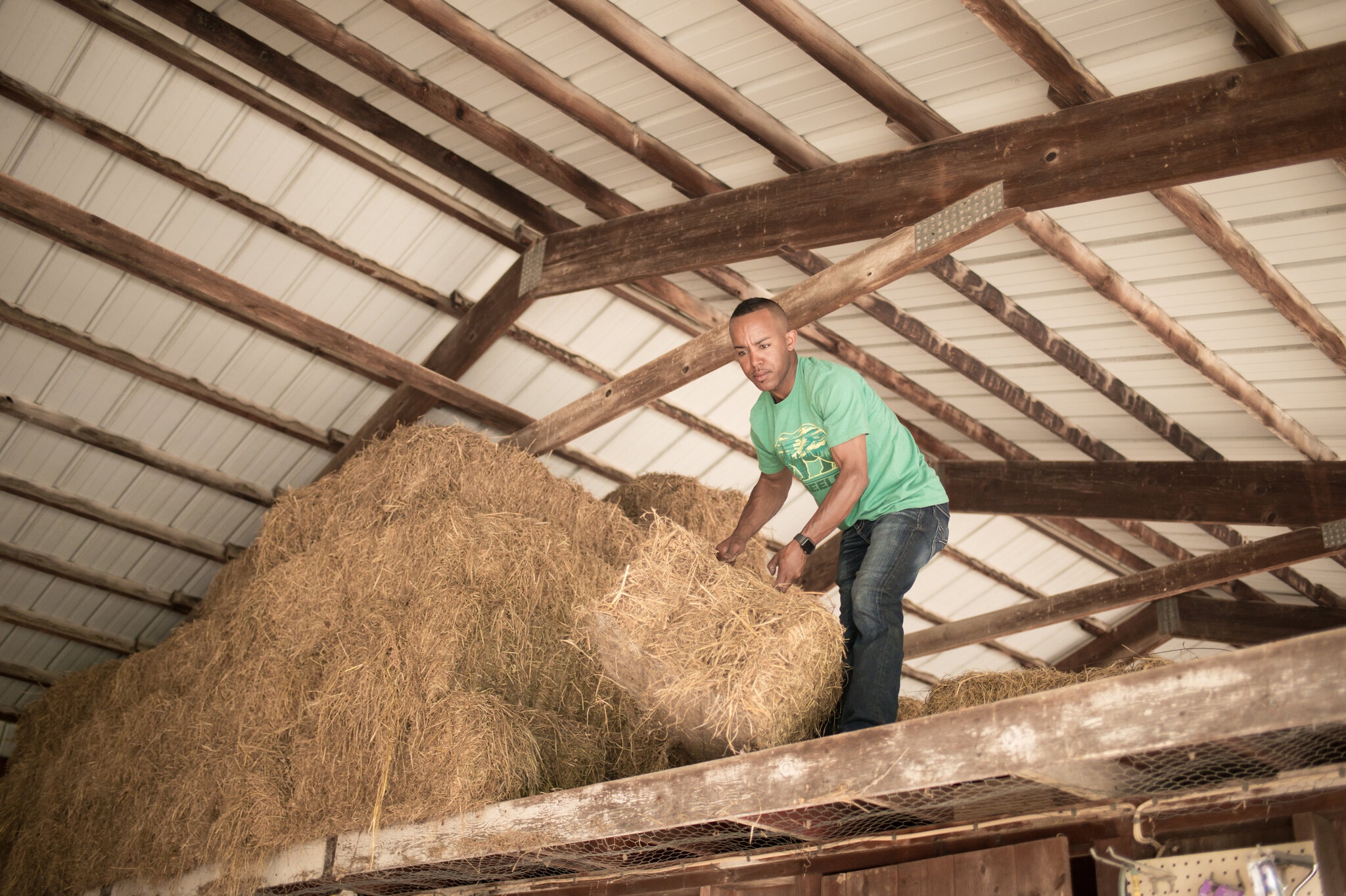A $4 billion federal fund meant to confront how racial injustice has shaped American farming has angered white farmers who say they are being unfairly excluded.

Shade Lewis at his cattle farm in LaGrange, Mo., on Friday. Mr. Lewis has spent the past decade scratching out a living as the only Black farmer in his corner of northeastern Missouri. Neeta Satam for The New York Times
By Jack Healy
May 22, 2021
LaGRANGE, Mo. — Shade Lewis had just come in from feeding his cows one sunny spring afternoon when he opened a letter that could change his life: The government was offering to pay off his $200,000 farm loan, part of a new debt relief program created by Democrats to help farmers who have endured generations of racial discrimination.
It was a windfall for a 29-year-old who has spent the past decade scratching out a living as the only Black farmer in his corner of northeastern Missouri, where signposts quoting Genesis line the soybean fields and traffic signals warn drivers to go slow because it is planting season.
But the $4 billion fund has angered conservative white farmers who say they are being unfairly excluded because of their race. And it has plunged Mr. Lewis and other farmers of color into a new culture war over race, money and power in American farming.
“You can feel the tension,” Mr. Lewis said. “We’ve caught a lot of heat from the conservative Caucasian farmers.”
The debt relief is redress set aside for what the government calls “socially disadvantaged farmers” — Black, Hispanic, Indigenous and other nonwhite workers who have endured a long history of discrimination, from violence and land theft in the Jim Crow South to banks and federal farm offices that refused them loans or government benefits that went to white farmers.
The program is part of a broader effort by the Biden administration and Democrats in Congress to confront how racial injustice has shaped American farming, which is overwhelmingly white. Black farm advocacy groups say that nearly all the land, profit and subsidies go to the biggest, most powerful farm operations, leaving Black farmers with little. But in large portions of rural America, the payments threaten to further anger white conservative farmers.
CLICK HERE TO READ THE FULL ARTICLE
Leave A Comment